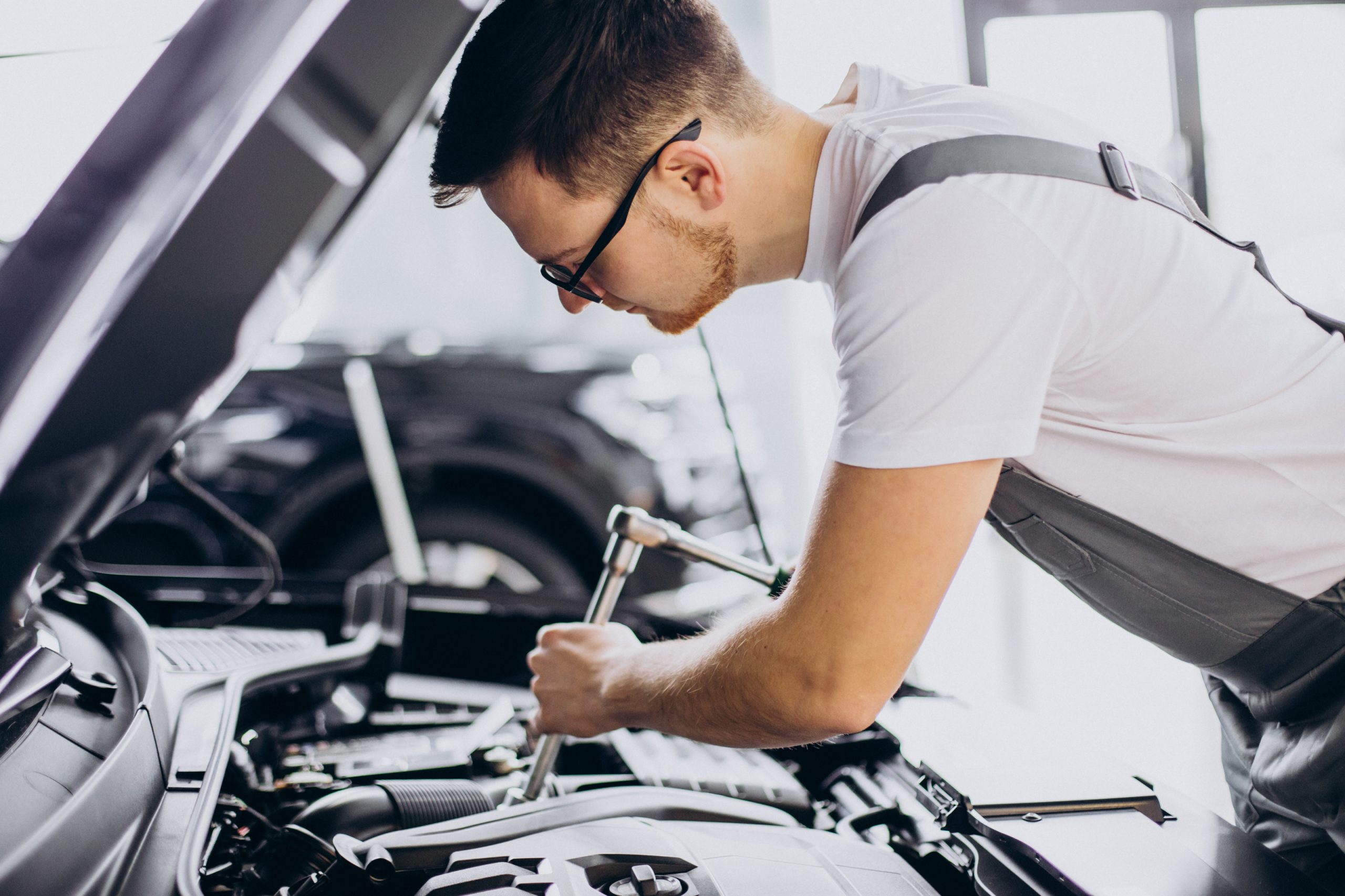
Hybrid Car Repair Challenges and Solutions: What Every Owner Should Know
Hybrid cars are like the Swiss Army knives of the automotive world—versatile, efficient, but a bit complicated when something goes wrong. If you own one, you’ve probably noticed that repairs aren’t quite the same as with traditional gas guzzlers. Here’s the deal: hybrids come with unique challenges, but also smart solutions. Let’s break it down.
The Big Hybrid Repair Hurdles
Hybrids combine two power systems—gasoline and electric—which means twice the complexity under the hood. Here’s where things get tricky:
1. High-Voltage Systems (And Why They’re Scary)
That battery pack? It’s not your average AA. Hybrid batteries run at 200-300 volts—enough to, well, ruin your day if mishandled. Mechanics need specialized training (and courage) to work on these systems safely. One wrong move and… let’s just say you don’t want to be the DIYer who learns this the hard way.
2. The “Who Fixes This?” Dilemma
Not all auto shops are created equal. Many still treat hybrids like alien technology. You might hear: “Sorry, we don’t touch those.” Even dealerships sometimes shuffle you between the “electric guy” and the “engine guy,” leaving you stuck in the middle.
3. Battery Degradation (The Silent Killer)
Like your phone battery after two years, hybrid batteries lose juice over time. The difference? A replacement can cost $1,000-$6,000. Ouch. And diagnosing whether it’s truly dead or just having a bad day? That’s another headache.
Smart Solutions for Hybrid Owners
Now for the good news. Hybrid headaches aren’t hopeless—here’s how to navigate them:
1. Finding the Right Mechanic
Look for these green flags:
- ASE Hybrid Certification – Mechanics with this have trained specifically for hybrids.
- Dealership Alternatives – Some independent shops now specialize in hybrids, often cheaper than dealers.
- Diagnostic Tool Savvy – Hybrids need proprietary scanners—ask if they have the right gear.
2. Extending Battery Life
Batteries hate extremes. To keep yours happy:
- Avoid leaving the car parked for weeks (they need occasional use).
- Park in shade or a garage in extreme heat.
- Consider battery reconditioning services before jumping to replacement.
3. The Warranty Safety Net
Hybrid components often have longer warranties—sometimes 8-10 years. Check yours before panicking about costs. And if you’re buying used? A battery health report is worth every penny.
Cost-Saving Tips (Without Cutting Corners)
Let’s be honest—hybrid repairs can sting. But here’s how to soften the blow:
| Issue | Typical Cost | Smart Workaround |
| Battery replacement | $1,000-$6,000 | Ask about refurbished batteries (often 30-50% cheaper) |
| Inverter failure | $1,500-$3,500 | Some shops repair instead of replace—always ask |
| Hybrid system diagnostics | $100-$200 | Mobile mechanics sometimes offer cheaper scans |
The Future of Hybrid Repairs
Good news—the industry’s catching up. More mechanics are getting hybrid training, and battery recycling programs are making replacements greener (and sometimes cheaper). Some shops even offer battery “reconditioning” to squeeze extra years out of aging packs.
That said… hybrids will always be more complex than old-school cars. The trade-off? You’re driving something smarter, cleaner, and frankly, more interesting. Just treat it with the respect its engineering deserves.



Average Rating